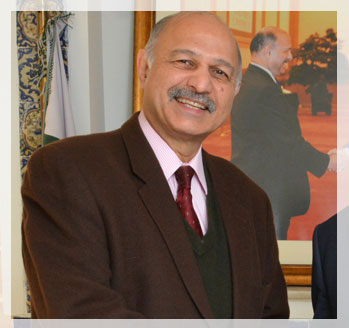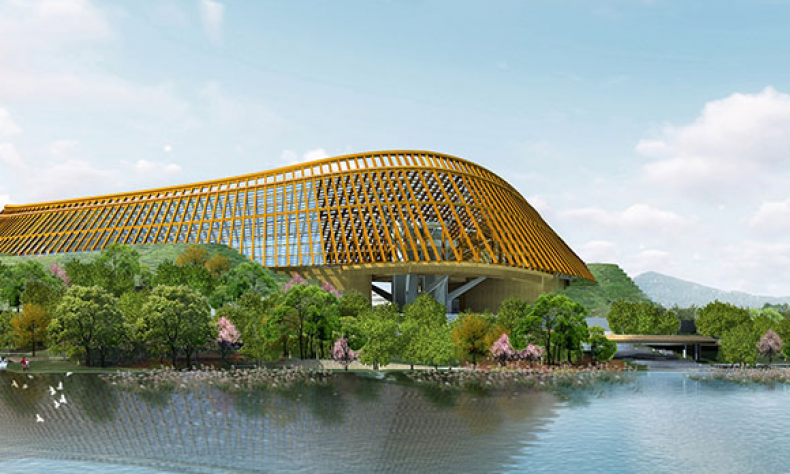
Is There a Common Asian Culture?
How to understand the Asian Civilization?
“Various civilizations are not destined to clash,” Chinese President Xi Jinping said at the opening of the Conference on Dialogue of Asian Civilizations, Asia’s first-ever grand gathering themed on inter-civilizational exchanges and mutual learning for a community with a shared future.
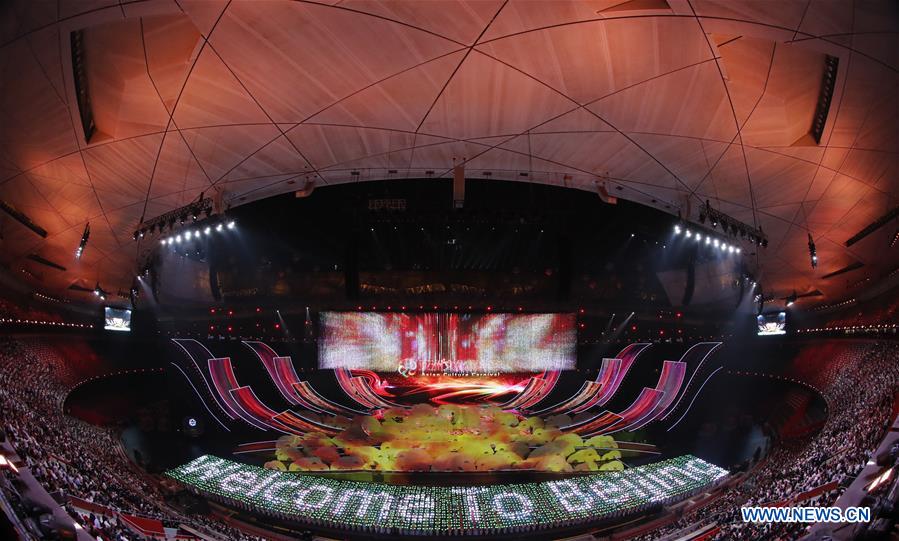
As the conference approching to an end, China Focus interviews four world renowned figures to find out how they think of Asian civilization and how Asian civilizations are ready to make their contribution to the pursuit for a better future for mankind.
What comes to mind when we speak about Asian civilization?
Alistair Michie, Secretary-General of the British East Asia Council
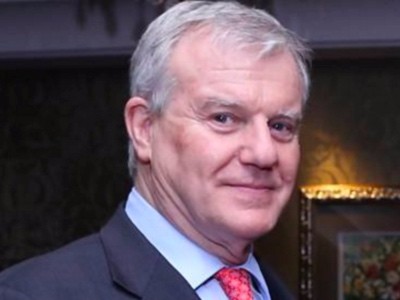 What comes to my mind is a book by a man named Jared Diamond titled Guns, Germs, and Steel. It’s a brilliant book that explains how human civilization transit from people being hunter/gatherers to turning to farming.
What comes to my mind is a book by a man named Jared Diamond titled Guns, Germs, and Steel. It’s a brilliant book that explains how human civilization transit from people being hunter/gatherers to turning to farming.
And it started first in the great rivers of the Middle East, the Euphrates and Tigris. It also started at a similar time in the great rivers of China, the Yellow River in particular. And this is where humanity move from hunter/gatherer to farmer, building cities and becoming urban dwellers.
So the root of the world’s civilizations, and there are many different civilizations, came from these areas, and that’s what I think of in terms of Asian civilizations. It’s the heart of where humanity moved from being very primitive to being very sophisticated.
Mushahid Hussain Sayed, Chairman of the Senate Foreign Affairs Committee of Pakistan
What comes to my mind is unity and diversity. There’s the Chinese civilization, which is 5,000 years old. We have our own civilization in Pakistan, which goes back 5,000 or 6,000 years, next to our neighboring India. Then there are different civilizations in different parts of Asia that are intermingled with China’s civilization: Japan, Persia, Central Asia and Mongolia.
When you look at everything, there’s richness, uniqueness, and history built on a lot of connectivity. And the pivot of that ancient civilization is, in my view, the Silk Road. We started this process of civilizations, connecting continents and countries through commerce, and it included not only commerce and trade, but also culture as well.
Do you think there is a common Asian culture?
Alistair Michie: No, there is no common Asian culture, as President Xi Jinping has often said, there are many different civilizations in the world, but Asian civilization faces common threats that make it uniquely different from European civilizations or the U.S. civilization.
The most important element is the way people think. The way the people think in Asia is much more about consensus through harmony, whereas, particularly in the U.S., it’s a zero-sum game: you win or lose, it’s black or white.
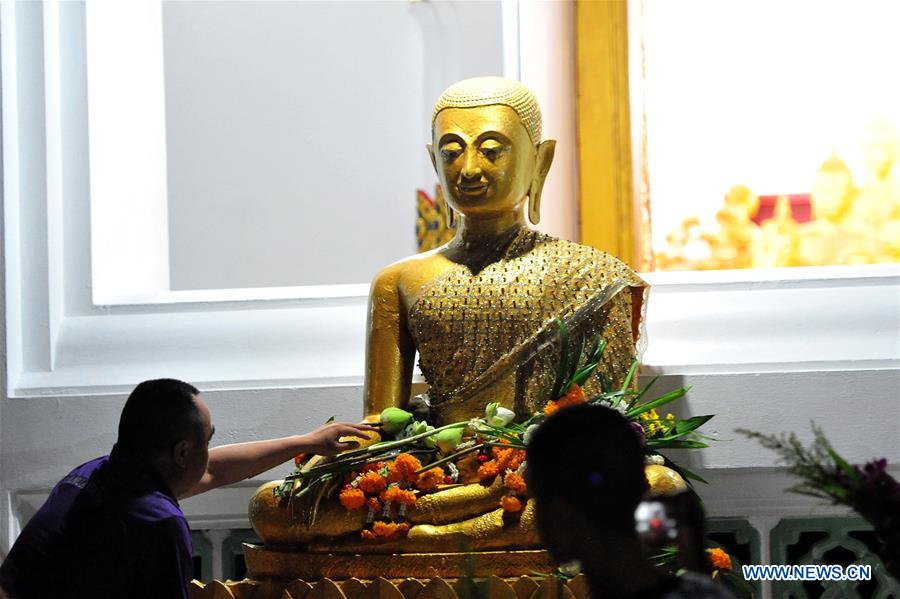
Mushahid Hussain Sayed:
There are common Asian cultural values: the values of Confucianism in China for example, our Islamic values, Indian values, Japanese values and other values. What are those values? Respect for elders, family harmony, learning, wisdom, education, cumulative strengthening and working together. Asians think more about cooperation, with confrontation even leading to cooperation, which is very important. It’s not about fighting; it’s about working together.
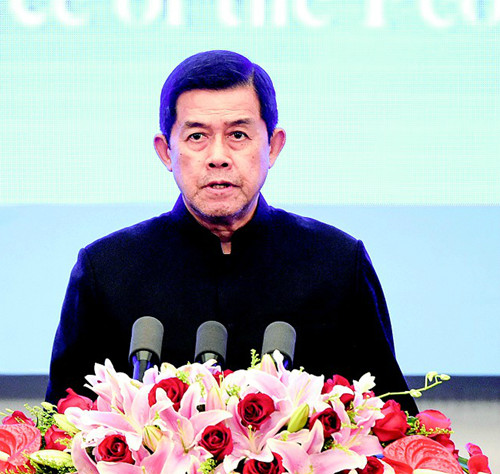 Korn Dabbaransi, President of the Thai-Chinese Friendship Association; former Deputy Prime Minister of Thailand
Korn Dabbaransi, President of the Thai-Chinese Friendship Association; former Deputy Prime Minister of Thailand
Asians in spite of different languages and religions, can still share the same culture; we can share the culture of peace. All of us advocate peace, which is human common sense since no one wants to get killed and no one wants to kill someone else. That is not human. Human common sense wants a peaceful life.
Once you’ve got a peaceful life, then you can live better. And the Asian continent has to demonstrate that to the world first before we can tell the world what to do. We have to prove to them that we are a peaceful community, that we are growing and prospering. China has shown to the world it’s successful development of its economy and its almost 1.4 billion people will live above the poverty line in 2020. Asia’s remaining 46 countries can do the same.
What do you think of the Asian community with a shared future and the community with a shared future for mankind proposed by China? What are your suggestions for those initiatives?
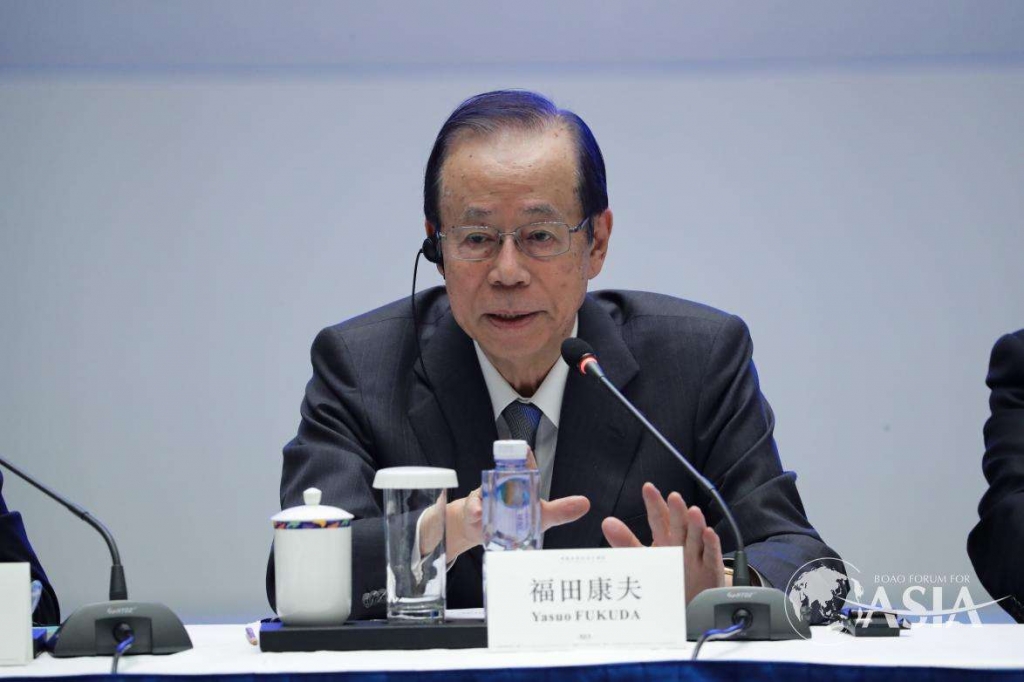 Yasuo Fukuda, Former Japanese Prime Minister
Yasuo Fukuda, Former Japanese Prime Minister
I think, naturally, politicians should keep the idea of a “community with a shared future for mankind” deeply in their minds and put it into action. China emphasizes the idea of a community with a shared future for mankind, in fact, hoping more and more people can see and experience its importance and share this idea with other countries in the world.
Human beings cannot live alone without help, nor can a nation. In order to avoid isolating ourselves, we must recognize that all countries of the world are in the same community with a shared future. Environmental issues can be a good illustration of this concept. Instead of thinking only about our own development and out own benefits, we should view community awareness as the basis for policy formulation and engage in dialogue and consultation with other countries. To that end, mutual understanding is essential and can be considered its foundation.
President Xi put forward an initiative to build a community with a shared future for mankind. I think this concept was proposed at the right moment. Currently, isolationism still exists in some countries. It is China, in fact, that has duly raised the basic principle of the coexistence among countries.
 Facebook
Facebook
 Twitter
Twitter
 Linkedin
Linkedin
 Google +
Google +
